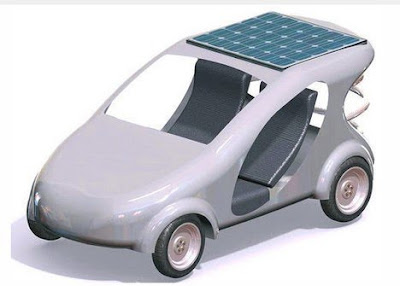Driving and using a cell phone concurrently results in driving performance similar to that of drunk driving, according to a driving simulator study.
A study released by the IU Public Policy Institute found that simply prohibiting cell phone usage is not valuable in increasing traffic safety. The study says better law enforcement combined with media campaigns will effectively cut down on distracted driving.
The National Highway Traffic Safety Administration estimated that nearly 11 percent of all drivers are using a cell phone at any given time during the day. Another study conducted by The National Occupant Protection Use Survey found that this phone use was highest among drivers 16 to 24 years old.
The Indiana legislature passed a law in July 2009 effectively prohibiting cell phone usage while driving for individuals under 18. The law aims to help cut down on distracted driving, thereby helping to better traffic safety. The problem with the law is that it is difficult to put into effect. The law, which targets younger drivers, is only effective against individuals under the age of 18 that received their licenses before July 1, 2009.
For more information: http://www.idsnews.com/news/story.aspx?id=74001





